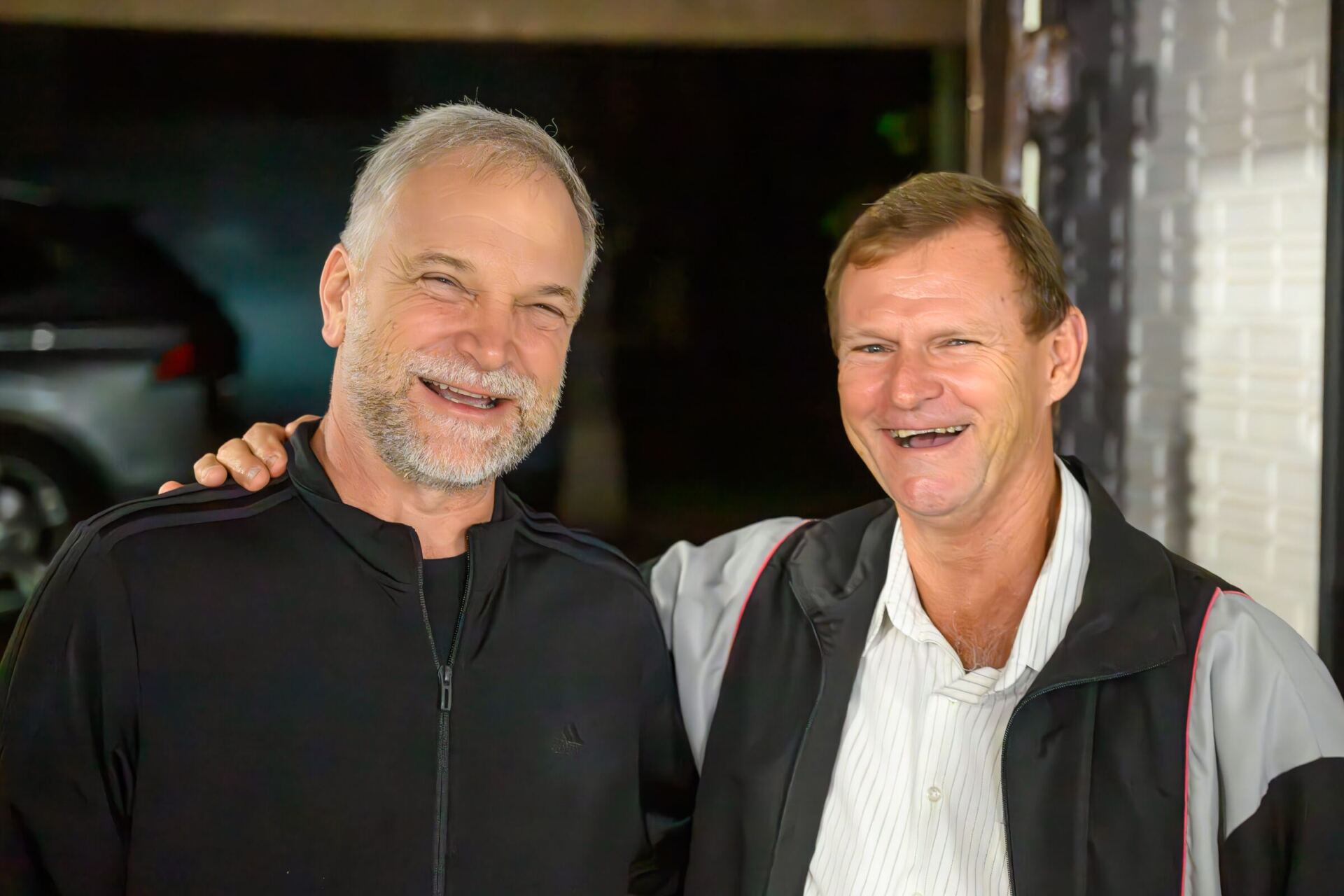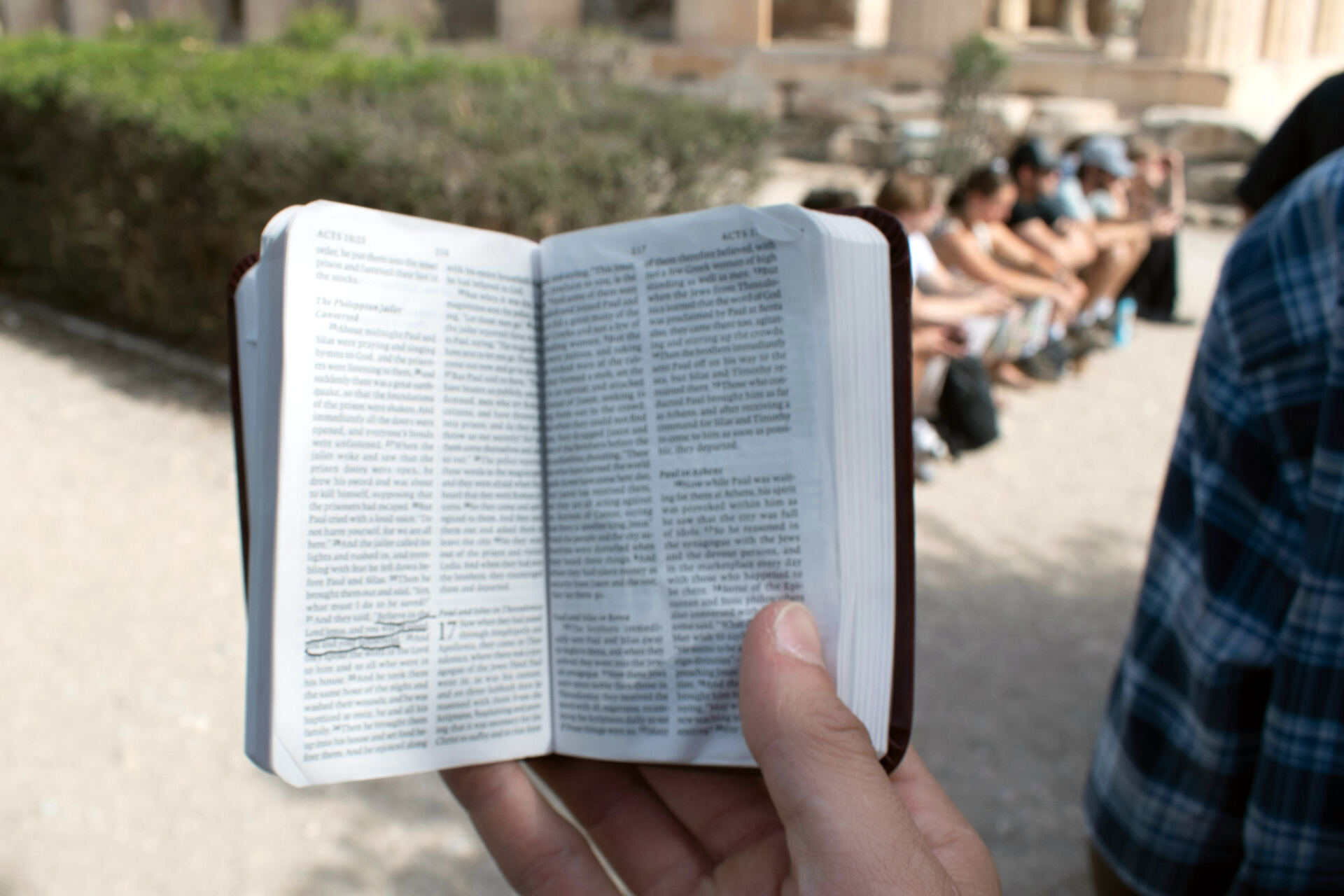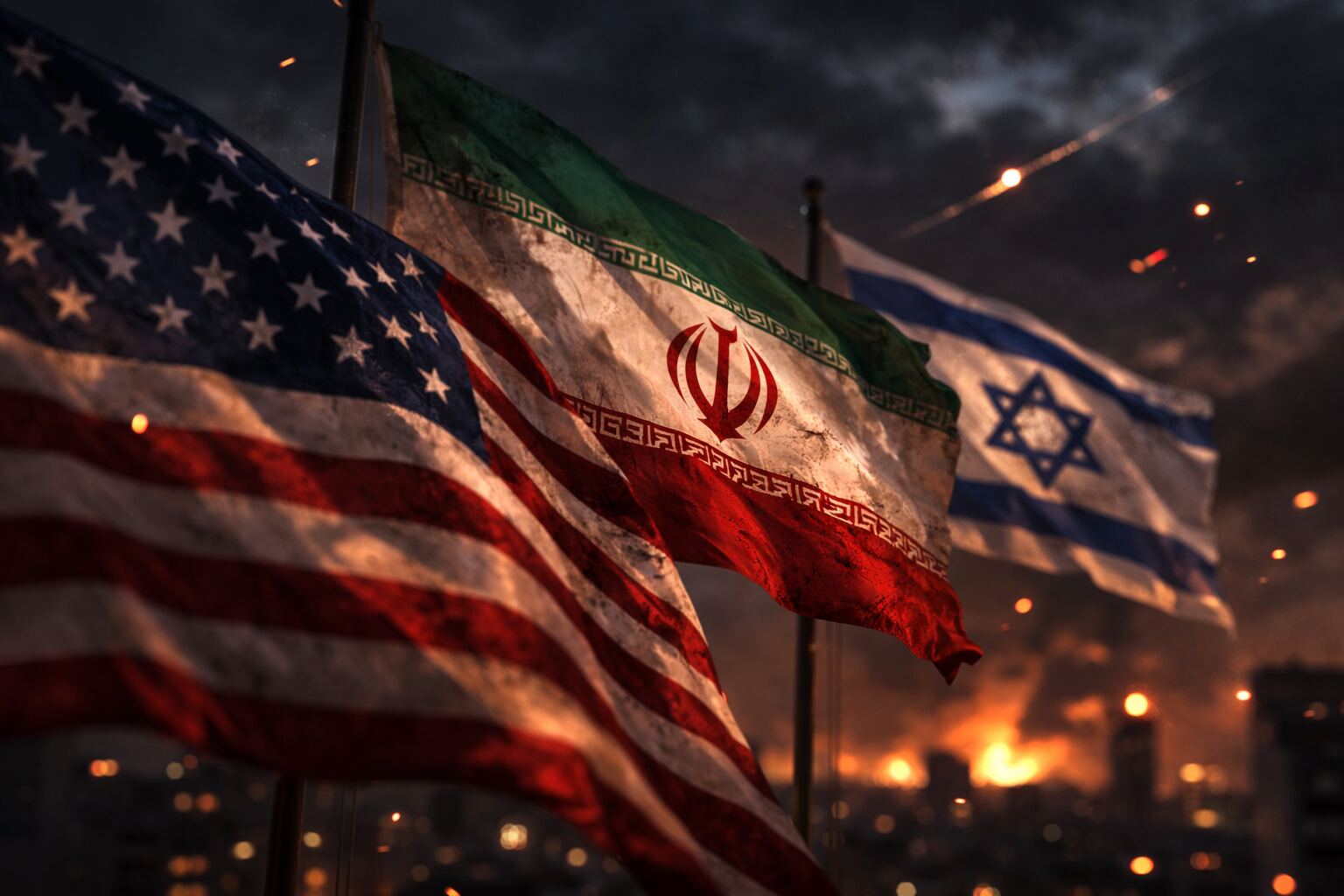While there are many human “lords” and local authorities, as Christians, we recognize that there is only one Lord of Lords—and he has authority over all people groups (1 Corinthians 8:5-6).
Leading up to Romans chapter 10, the apostle Paul explains that God holds no distinction or favoritism among people (3:9-22). Furthermore, regardless of our birth, ethnicity, nationality, or past sins, when we belong to Christ, we become brothers and sisters and co-heirs to the blessings and promises of God (8:14-17). In one sense, this demonstrates how we see the kingdom of heaven from the bottom up. In Romans 10, Paul summarizes these truths and shows us how they are realized in the kingdom of heaven from the top down.
Now the Scripture says, everyone who believes on Him will not be put to shame, for there is no distinction between Jew and Greek, since the same Lord of all is rich to all who call on Him. For everyone who calls on the name of the Lord will be saved. (Romans 10:11-13 HCSB, emphasis added)
Again, Paul reminds us that there is no distinction or favoritism among nationalities, ethnicities, or classes. We are all born with the same standing before God—sinners in need of repentance, forgiveness, and redemption. And our Savior is generous to all who call on him, without regard to our genetics, background, or past sins. Furthermore, we are reminded of the blessings that we inherit through Christ Jesus—salvation from judgment through faith in him.
These ideas are closely related: there is no distinction between different ethnicities on earth, and the blessings of salvation are given to all who believe. Both of these astounding realities are possible because Jesus is Lord over all. Jesus establishes this fact as the basis for sending us to make disciples in every nation of the earth: “All authority has been given to me in heaven and on earth” (Matthew 28:18). Jesus is claiming international rule as King over all kings and Lord over all lords.
Not only does Jesus’ authority give us authorization to travel internationally as missionaries, but it also shows how brothers and sisters in Christ are under the same rule.
He [the Father] demonstrated this power in the Messiah [Jesus] by raising Him from the dead and seating Him at His right hand in the heavens — far above every ruler and authority, power and dominion, and every title given, not only in this age but also in the one to come. And He put everything under His feet and appointed Him as head over everything for the church, which is His body, the fullness of the One who fills all things in every way. (Ephesians 1:20-23)
Since Christ is the head of the church and the Lord over all—regardless of the location or surrounding culture of each local church—then there are two significant implications for our practical relationships with other local churches.
- Christ’s church is incompatible with any hierarchical structure that places one culture or geographic location in authority over others (e.g. Roman Catholicism or cultural Christianity). We shouldn’t seek to spread culturally based aspects of our spiritual practices to other locations—only what is scripturally based. And, apart from Jesus himself, we shouldn’t look to any person or location as a headquarters for Christianity on earth.
- We should seek to work alongside brothers and sisters of other nationalities, ethnicities, and cultures as partners in the gospel under the same authority and Lord. Rather than creating a hierarchical relationship, we should seek partnership with churches and individuals of the same faith in Christ, regardless of their location, culture, or background.
Let us give all glory and honor to the name of Jesus, the Lamb who sits on the throne, because he will redeem people from every tribe, language, and nation of the earth (Revelation 7:9-10). We can worship him together with brothers and sisters anywhere in the world because he is the rightful heir to all the earth. Together, we can faithfully wait, practicing endurance through affliction, for his return and the establishment of the fullness of his kingdom on earth.
Editor’s Note: This article is third in the series Meditating on Missions Through Romans. Read the previous article here.





